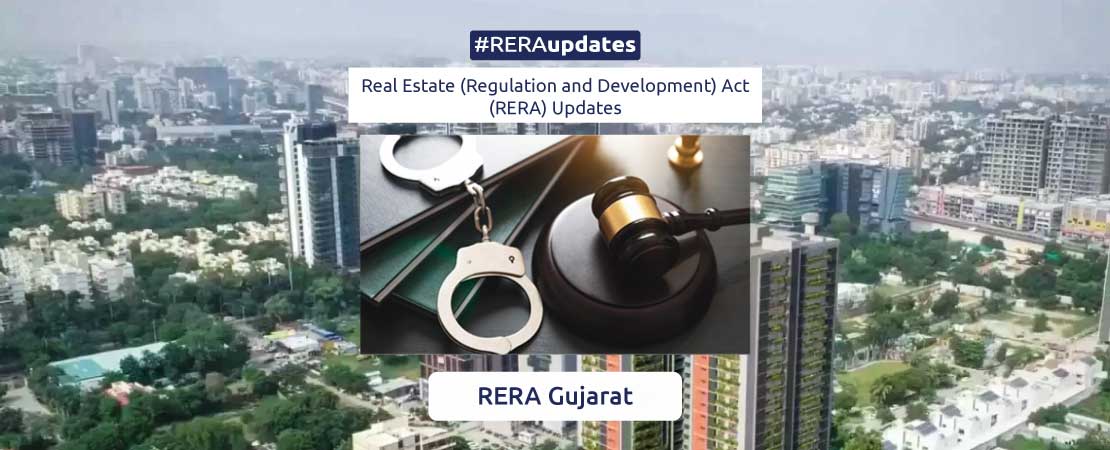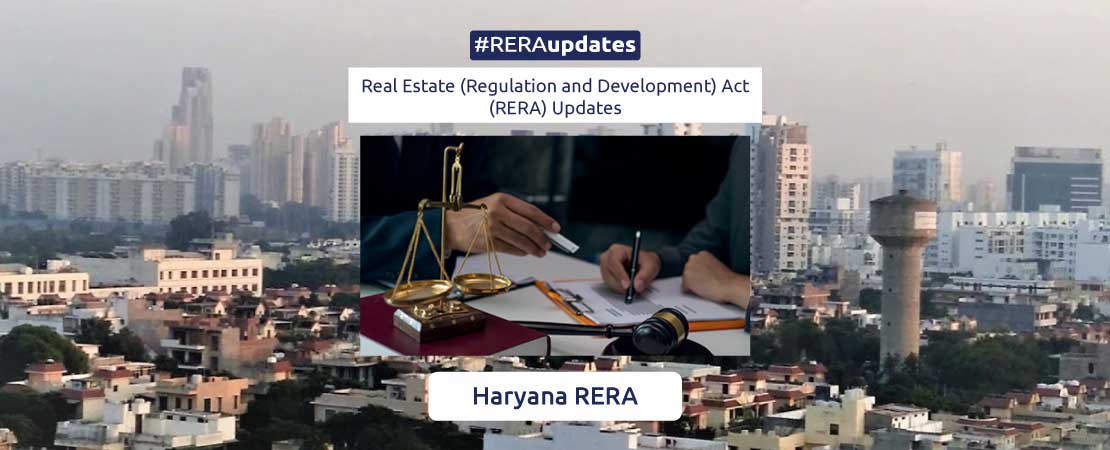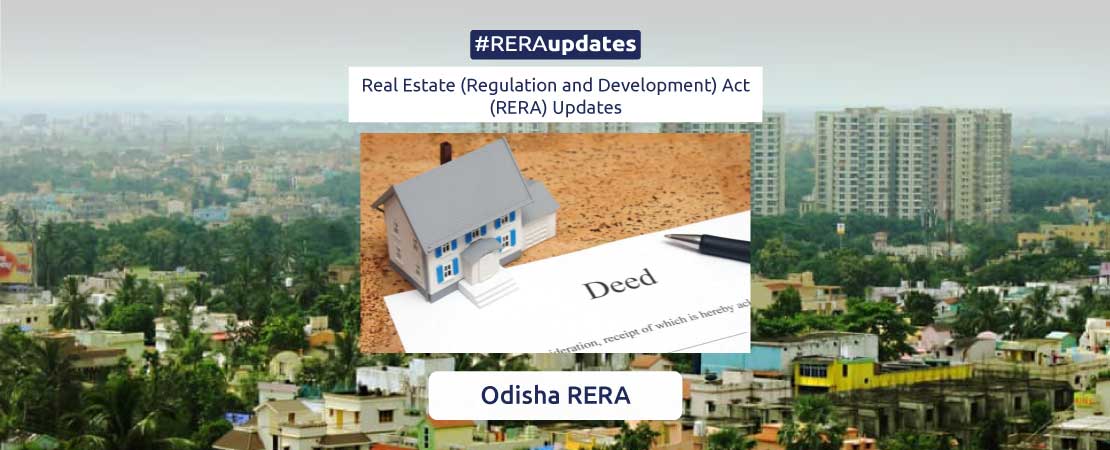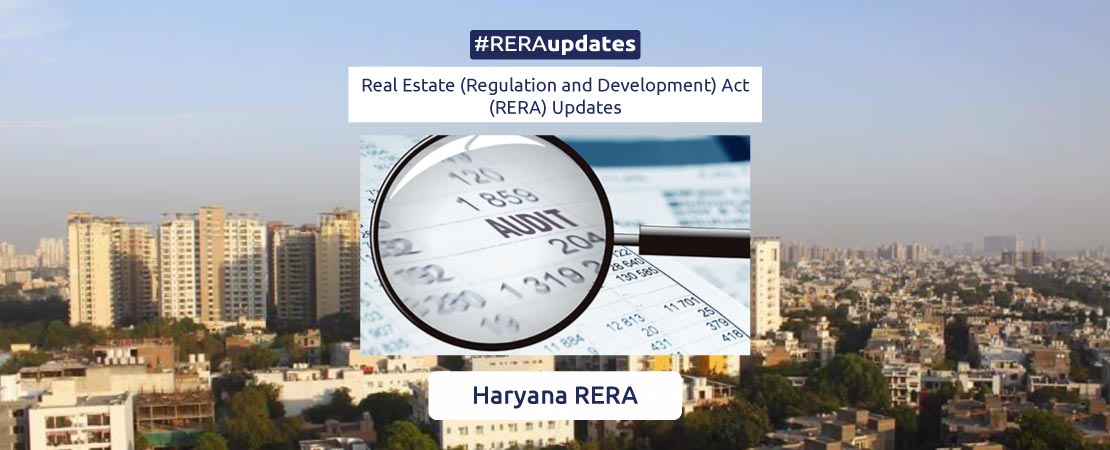Five years since the Maharashtra Real Estate Regulatory Authority (MahaRERA) came into existence in the country’s financial capital, it has received 17,061 complaints against developers, of which it has disposed of 11,287. Of these, more than 50% of the complaints are by homebuyers in the Mumbai Metropolitan Region, MahaRERA chairman Ajoy Mehta tells Moneycontrol’s Mehul R Thakkar. Edited excerpts:
What has been the Authority’s role with regard to enforcement of MahaRERA orders? What is the Authority doing to address the issue?
RERA has three distinct roles, of which the first is that of regulatory oversight, which touches the question of enforcement. Second role is adjudication where a dispute has arisen between the flat buyer, promoter or the plot buyer, followed by overall housing policy…We are bringing in a lot of things to ensure that regulatory oversight is strengthened. The fundamental principle that I am following in strengthening regulatory oversight is transparency. This is because I personally, strongly feel that once a flat buyer and flat seller has an equal amount of information, that is when the buyer will make a correct decision. So we are revamping the regulatory oversight process to ensure all information comes out in the public domain. Once we implement the law correctly, litigation will automatically stop. We need to ensure that the compliances are done properly by promoters.
Are redeveloped/under-redevelopment projects covered under MahaRERA? What is the authority doing to address the problem of projects under redevelopment?
As far as the RERA Act is concerned, it is very clear that those that are under redevelopment are not covered under the Act. But, of course, the sale component of the redevelopment is covered under the RERA Act wherever money is involved. However, where something is given in lieu of something you owned is not covered under RERA. This is what the Act says and as an authority we are the interpreters of the Act…The question of what we are doing to address the problem of projects under redevelopment is best addressed to the government because they are the lawmakers.
How many complaints have been filed in the last five years and how many cases disposed of? What percentage of cases is from the Mumbai Metropolitan Region (MMR), Pune, etc? Which area has witnessed the maximum number of complaints?
A majority of the complaints are from Mumbai or Mumbai Metropolitan Region (MMR). This is followed by Pune… However, now we are putting a lot of things in place so that these complaints come down. Much more than 50% complaints are from Mumbai, but if you see that predominantly they are pre RERA-project complaints, which have now got carried on. Post-RERA, we are not finding much of this happening. As of May 24, 2022, we have around 5,000 complaints pending. We have disposed of more than 11,000 complaints out of the more than 17,000 complaints that we have received till now.
Has the Conciliation Forum formed under the Real Estate (Regulation and Development) Act, 2016 (RERA) and MahaRERA to facilitate dispute settlement between homebuyers and developers benefited buyers? How many cases have been settled over the last few years/ last one year?
The good thing is that this conciliation forum has been very beneficial for buyers. In the first hearing, when the homebuyers come to us, we ask them if they want to go in for conciliation…In the forum, once the buyers get favourable results and consent terms are signed, the matters are resolved very fast. Whereas when we pass an order, one side is happy and the other side is not, which leads to appeals and more litigation So, we are trying to encourage the Conciliation Forum in a big way. Now, we find that nearly more than 60% of the complainants are preferring reconciliation and the success rate of the forum is also very good. Also, we have told people that you go for reconciliation, and if you do not succeed your case is still with us. We are not throwing out their case and they remain in the queue. But while they are in the queue, we tell them to try reconciliation. If you succeed, it is a win-win situation for both the parties… This is resulting in 60% of complaints getting settled in the Conciliation Forum within 90 days.
Have promoters and homebuyers reached settlements in respect of recovery certificates? What does this amount to?
In the last five years, we have issued 751 recovery warrants against developers of around Rs 717 crore. Let me tell you that in following the issuance of recovery certificates, there is a process to be followed before and after. Sometimes people feel that once a RERA order is issued, things will work out immediately. But there is a process to be followed wherein suppose we pass an order saying ‘refund the money’ but the promoter does not refund the money. Later, what we do is we issue a revenue recovery certificate (RRC) to the tehsildar, saying ‘please take this property of X and sell it off and give the money to say Y.’ The minute the RRC goes to the tehsildar, he cannot say now this property is taken over. He has to examine the title of the property. Maybe someone else is the part-owner, and the whole process is followed. These processes take time and they reach a conclusion. However, once you have got the order of RERA in your favour, the wheels of justice have started moving. It will take time but it will reach its destination.
Should the RERA Act be amended to make financial institutions accountable for the completion of projects backed by them?
I will refrain from commenting on where what needs to be amended. This is because I clearly know what my role is, and I am not the lawmaker. It will be very incorrect for me to say what should be amended or what should not be. But only one thing which I tell everyone is please remember RERA is a very young law as compared to others and is just five years old. There are lots of ideas and I feel let us all not rush to the conclusion that my idea is the best idea. This is because when you amend the law, please understand that any law which is amended must stand the test of time. The amendment should stand because we cannot get up tomorrow and say that this amendment is wrong, and we again should do an amendment. More and more we amend a law, it is not a good sign, and it dilutes or does not serve the purpose that you wanted it to serve. But what I am saying is that every law needs to grow, expand, but give it time and thought. Let us not just jump to conclusions because it is a very infant law. Until last year, all the hearings were of pre-RERA (cases), and it is only now that things are taking shape.
There have been allegations that the orders or directions issued by RERA are not complied with by the promoters, and consumers are left to go to the court.
Once you have a RERA order in your favour, something has already started, and it takes time. It takes time because the process of justice takes time. But justice is given and the way we are giving it is by the Conciliation Forum.
What is the pendency rate? How much time does it take to complete a hearing and passing an order in one particular case?
We are having a pendency of 5,000 cases. Until now, we were hearing cases of 2019, and now we have started hearing cases of 2020. Once the first hearing is taken, we are ensuring that we pass an order in, say, three to four months. We are working on ensuring we do not give too much time for simple submission of reply or documents.
What is the one thing that you want to change when it comes to MahaRERA? What is your message to the homebuyers and developers?
My message to buyers is to try out the Conciliation Forum and not to straight away jump into disputes or litigation. If not, please come to us, we are there to give you justice. The homebuyers should make themselves aware of everything, but we also realise that buyers do not have experience. Hence, it is also for us to tell them for which we are trying to put a lot of information in the public domain. We are now also making a standard sale agreement, a standard allotment letter, and they should read that, and make a proper decision. To promoters my message is very clear that they need to put all the information out in the public domain very transparently. They need to understand the risk of the project because every risk converts into time and money. If the project has zero risk, it will certainly get completed on time. Promoters need to see risks and they are supposed to give timelines accordingly. Build in your costs and risks properly into the project and later inform the client… The promoter has all the information about the project, and we are now working (to ensure) that things should come out very transparently and in simple language. We are ensuring we monitor projects continuously. Regulatory oversight is very important for there being no litigation, and for this we need to have improved scrutiny.
Source: https://www.moneycontrol.com/news/india/coronavirus-update-daily-covid-19-positivity-rate-over-3-8676991.html










